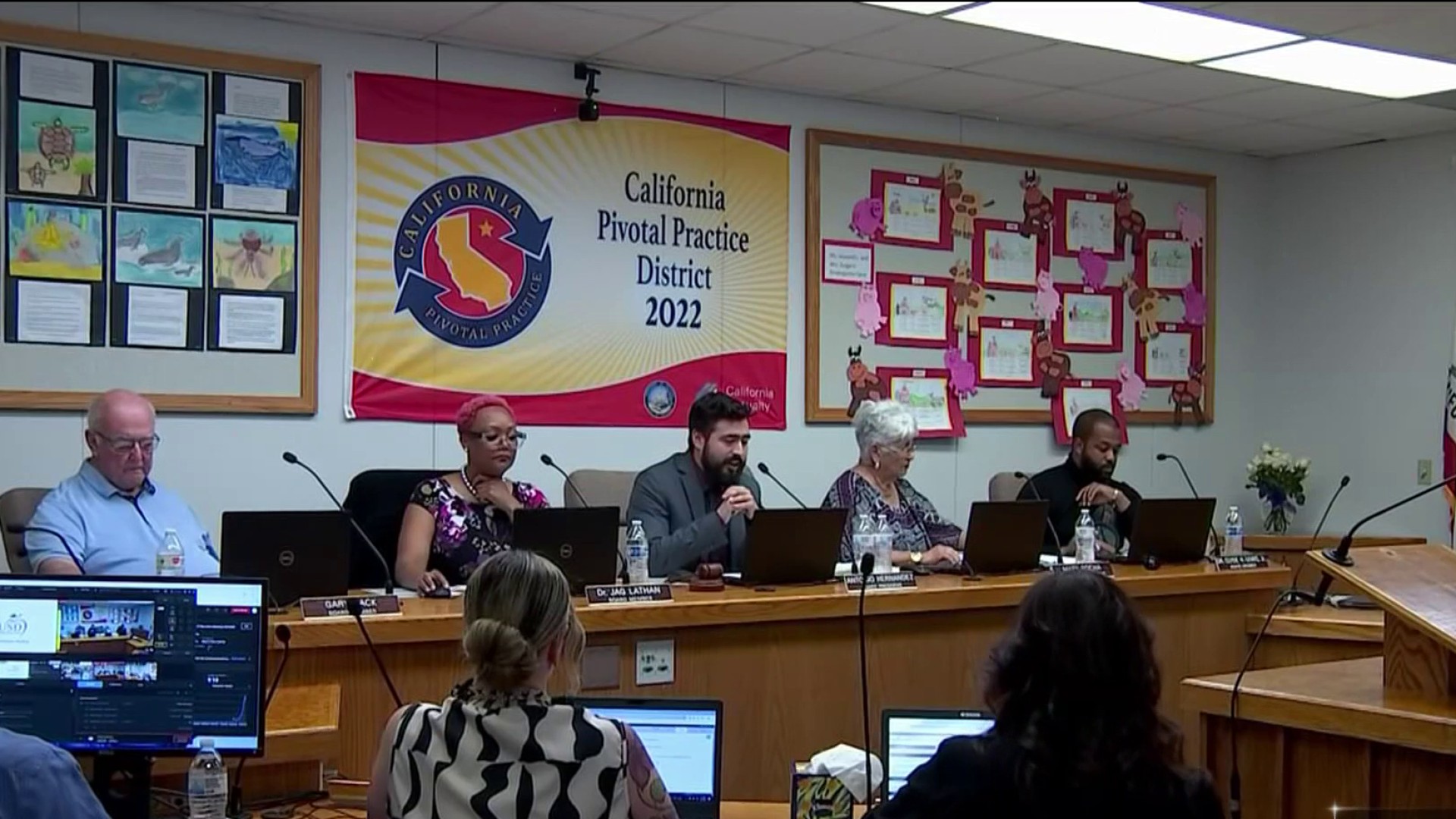A Peninsula politician is saying enough is enough when it comes to organized retail theft.
Across the country, companies reported $94 billion in losses last year, and a San Mateo County supervisor outlined new proposals to attempt to combat the issue locally.
It's an issue all over the Bay Area, and stores are now going to great lengths to try to prevent it.
“What we’re doing today is not working. We’re going to change that. We’re going to change that here in San Mateo County and hopefully the Bay Area,” said Supervisor David Canepa.
Get a weekly recap of the latest San Francisco Bay Area housing news. Sign up for NBC Bay Area’s Housing Deconstructed newsletter.
The San Mateo County supervisor is suggesting two ideas to crack down on the issue:
- Create a county task force with law enforcement and chambers of commerce to come up with solutions
- Push state lawmakers to lower the dollar figure when shoplifting becomes a felony
Right now, you have to shoplift over $950-worth of something to hit that mark. Under that, it’s a misdemeanor with fewer consequences.
Local
“And we hold the people who commit these crimes accountable,” said Canepa. “The only way we can do that is through adjusting state law. That’s what’s hamstringing us.”
Canepa also says he's considering the idea of a retail theft hotline, similar to what Los Angeles County launched this month.
But he says when he called to try it, he was directed to 911 anyway.
The National Retail Federation says organized retail theft accounted for $94.5 billion in losses last year.
And the top hot spots? Los Angeles, followed by the Bay Area, then New York, Houston, and Miami. Sacramento was seventh.
“Everyday we get calls, emails, and comments from people who are tired of seeing this happen,” said Rachel Michelin, president and CEO of California Retailers Association, which has been pushing for legislation creating diversion programs for first time shoplifters.
But also, a clause where multiple misdemeanor shoplifting charges could stack up to a felony.
“We need that other tool in the toolbox which is to make policy changes so the repeat offenders, the ones going in with this petty theft. If they’re a habitual shoplifter, they’re going to be held accountable,” said Michelin.
She says the state's task force on the issue is making progress, but as always, more needs to be done.



